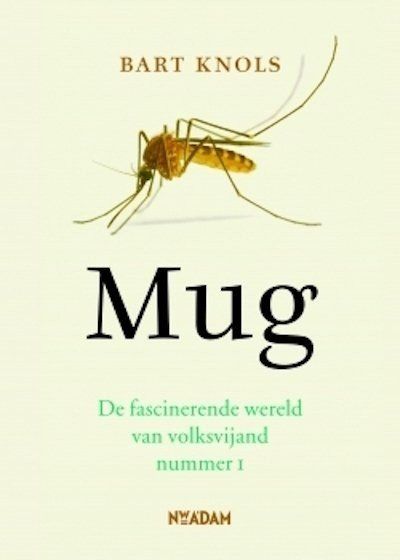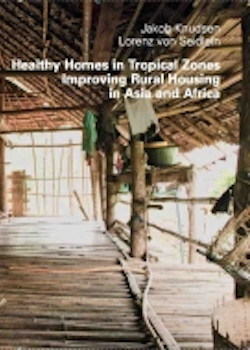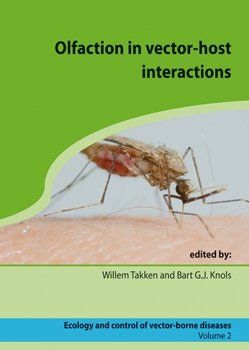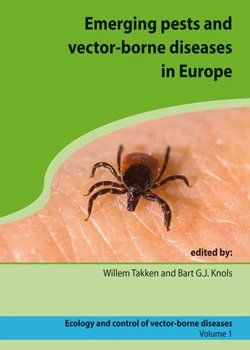‘Mug: De fascinerende wereld van volksvijand nummer 1 (2009)
“Bart is een bevlogen en zeer getalenteerde auteur, wiens urgente, even spannend als geestig geschreven boek 'Mug. De fascinerende wereld van volksvijand nummer 1' ik met veel plezier als redacteur bij Nieuw Amsterdam heb begeleid. Bart houdt zich altijd aan zijn afspraken en is altijd goed bereikbaar, waar ter wereld hij zich ook bevindt. Hij is een geboren verteller, zeker als het gaat om zijn avontuurlijke wederwaardigheden als baanbrekend muggenonderzoeker in vele uithoeken van de wereld. Hij kan ook de media en zalen moeiteloos aan.
Doordat Bart zo'n groot en internationaal vooraanstaand specialist op muggengebied is, heeft hij een vooruitziende - en verontrustende - visie kunnen ontwikkelen op de gevaren die (tijger)muggen voor onze volksgezondheid hebben, zeker zolang het internationale preventiebeleid dienaangaande niet ingrijpend wordt verbeterd. Er zou veel meer naar Bart geluisterd moeten worden. Niet alleen om hóé hij vertelt, maar vooral ook om wát hij vertelt.” - Pieter de Bruijn Kops, Acquirerend Redacteur, Nieuw Amsterdam.
Uitgeverij Nieuw Amsterdam, 256 pp. Prijs: € 16,99





